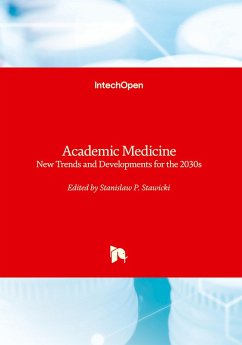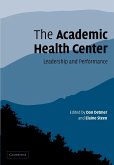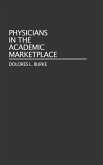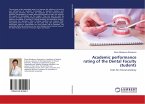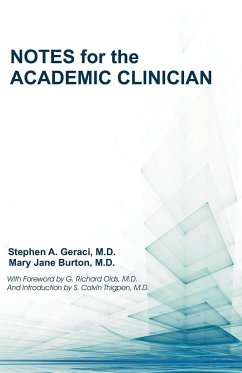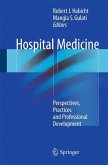Dating back to ancient civilizations around the world, medical education has become the foundation for the sustainable transmission of knowledge and skills required to heal the sick, treat the injured, and promote overall well-being. During the past two centuries, medical education has seen significant growth. This rapid growth corresponded to our evolving understanding of, and the ability to treat, various acute and chronic medical and surgical conditions. Beginning in the second half of the 20th century, the pace of medical progress and unprecedented aggregation of new knowledge resulted in the amalgamation of various academic medical pursuits into what we know today as "academic medicine", a unique blend of education, leadership, research, and clinical excellence. Academic medicine is a noble pursuit and one of the essential constructs that have enabled innovation and new discoveries, making modern medical care more effective than ever before. Academic medicine also serves not only to generate new knowledge, but also to sustain our civilizational progress, by preserving existing knowledge, skills, and traditions accumulated over the millennia of the collective global "history of medicine." The next decade promises to be a time of great transition and opportunity for academic medicine. There are many areas of great opportunity, but there are also areas of deep concern. It is the responsibility of medical academicians across all medical and surgical specialties, to ensure that the next generations of physicians are provided with a solid foundation for professional growth and development, spanning from state-of-the-art medical education to cutting-edge leadership development opportunities. No matter the challenge, an unwavering commitment to the principles of ethical and human-centric frameworks must be maintained, regardless of any other factors and considerations.
Bitte wählen Sie Ihr Anliegen aus.
Rechnungen
Retourenschein anfordern
Bestellstatus
Storno

